Issues
Housing
I moved to Concord three years ago after effectively getting priced out of another city in New Hampshire-- I got lucky enough to secure an affordable duplex rental on the edge of our walkable downtown, but not everyone can say the same. Demand for rentals is at an all-time high, especially taking into account the individuals and families who would like to pursue home ownership but turn to renting while the market cools down. I know people who have moved out of the city, even out of the state, to find an affordable place to rent. Increasing the volume of housing is a high priority issue, as the city has a rental vacancy rate of less than 1% and a rate of chronic homelessness that’s increased significantly since pre-COVID times, now at around 350 individuals.
I am in support of bringing in new commercial, residential, and mixed-use development or redevelopment, to not just increase the volume but also reduce the impact of property taxes on homeowners (and renters, who do indirectly pay into their landlord’s property tax bill!). High property taxes are an issue that affects us all, and increasing the tax base is one way we can generate property tax revenue without placing the burden solely on homeowners.
Our city is on the right track, with 2,300 new units already coming (albeit, slowly) to Concord and Penacook, 18% of which fall under the definition of “affordable,” or restricted to less than 30% of a household’s income. I hope we continue this trend as the city continues to grow. There is a lot of room for creative thinking when it comes to housing and development, but I also understand the importance of preserving Concord’s landscape of historical buildings and quaint downtown and neighborhoods.
We don’t have to lose the character of Concord in order to welcome newcomers and keep residents from moving away just to find a place to live; Concord has plenty of land to develop or re-develop. In order to effectively do this, we need to reexamine our zoning ordinances and where we can make changes to promote development. I hope that the city takes the opportunity with the next Master Plan to engage as many residents as possible in planning for the future of Concord.
Homelessness
Our unhoused neighbors deserve support, dignity, and shelter. Nonprofit organizations like the Concord Coalition to End Homelessness and concerned citizen groups like Homeless In Concord do the best they can with the resources they have, but at this point, the city has a responsibility to step up and play a role in addressing the crisis beyond just earmarking funds to clear encampments or paying for hotel rooms on the coldest days of the year. Concord spent $205,000 this summer to sweep Healy Park, throwing away the entire lives of the around 30 people who were staying there and leaving those people to find a new place to live. While encampments generate trash and don’t look “pretty,” it’s important to remember people living there have nowhere legal to throw out waste, hazardous or otherwise. Our parks deserve better, and so do these people.
I support considering concepts like sanctioned encampments with sanitation services or allowing zoning for tiny home communities (which are popping up all over the country as part of the solution to homelessness), with the understanding that solutions must include input from unhoused individuals and families.
There are many reasons people end up on the streets, living in their cars, or couch-surfing, and the city council can’t address all of these root causes. But they can, in preparing for the future growth of the city, ensure we are prioritizing the development of all kinds of housing, specifically affordable housing.
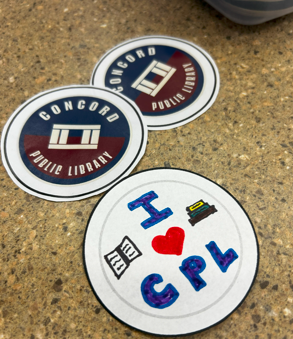
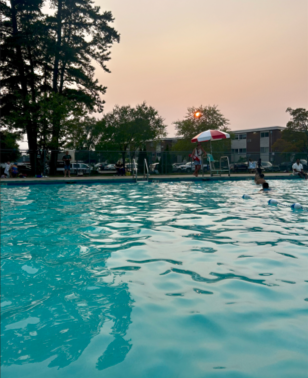
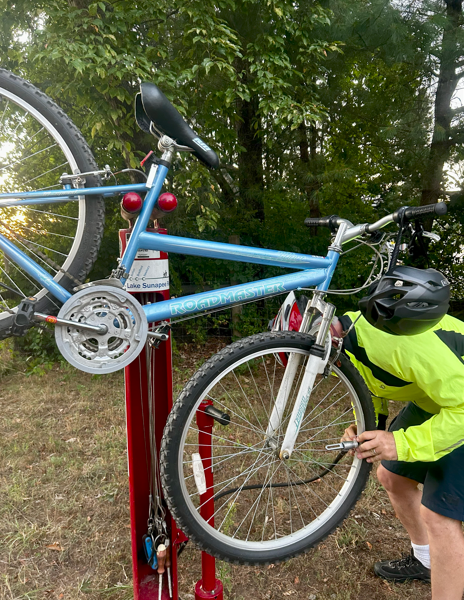
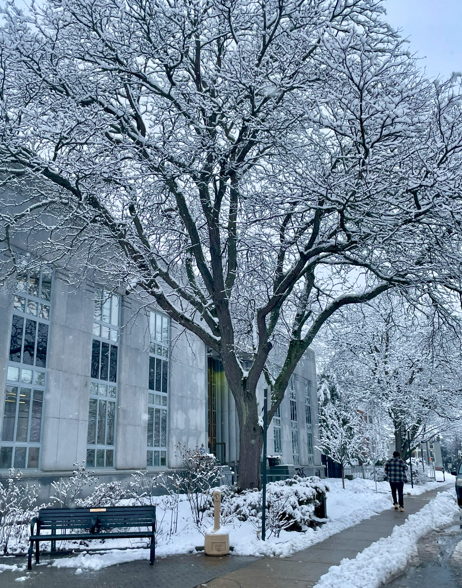
Smart, Community-Focused Investments
A note on city spending:
Anyone paying attention to the news lately will notice a pattern: proposals carrying high price tags for massive projects, mostly related to buildings. For a long time, the city has maintained a low rate of property tax increases— almost like a self-imposed tax cap of around or under 3%. It’s clear that kicking the can down the road on building maintenance projects has led to needing to make significant, costly changes or even require whole rebuilds of facilities.
The new $41 million police station project, the $6 million Beaver Meadow Clubhouse, $150 million for Rundlett, and so on.
These projects will likely be decided before the new council assumes office, but more will follow. I hope future councils prioritize maintaining buildings/facilities, and make wise investments in buildings that will stand the test of time. I also hope to see the city put projects out to bid and solicit multiple proposals as a way of keeping spending down.
Infrastructure
Concord is growing, we hope to bring in new development to the city to grow the volume of housing and expand the tax base. The prerequisite to this is to ensure our infrastructure can handle this growth. For example, the Hall Street Wastewater Plant (in Ward 6) is at capacity. The city council must ensure that we bring this facility up to where we need it to be, if we want to prepare for the future.
Transit
Our local transit system is a huge asset as it is free for riders and covers a vast area in the capital region. I support further expanding and modernizing Concord Area Transit (CAT), especially in terms of increasing ride frequency along Loudon Road, looking into obtaining bus shelters for the more frequently used stops, and pursuing technology that would allow riders to track their bus’s schedule.
A reliable schedule to help riders get to work or appointments are critical to continuing this service-- increased ridership can also open up more funding opportunities. CAT is mostly federally funded with required match funding from the city and state, and if the city ends up in a situation where state and federal funding decrease substantially, I would support a greater portion of the budget directed towards CAT, and of course pursuing all available grant opportunities.
Library
Our most central hub of community is the main branch of the Concord Public Library, and I support them in their pursuit for a new building. They provide programs to the public and see overwhelming attendance at events; they don’t have the space to meet that demand. They require a larger space for their collections, and they are hoping to make the branch building fully accessible. The numbers show that people are using the CPL main branch now more than ever.
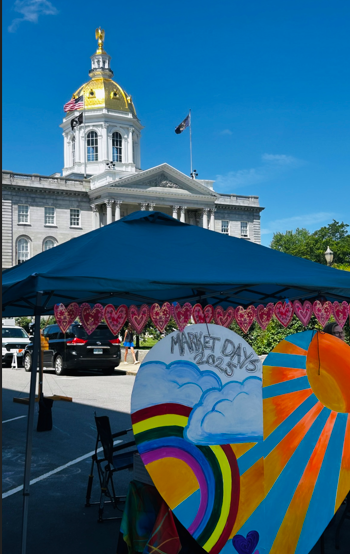
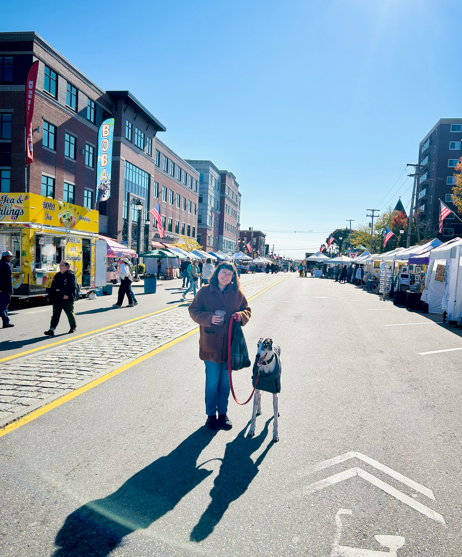

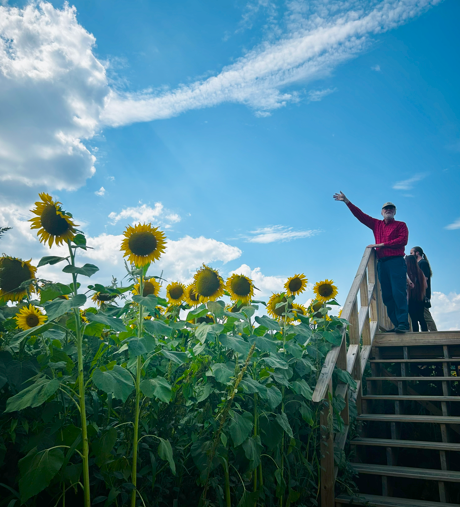
Arts & Culture
We are so lucky in Concord in terms of arts and culture. We have multiple venues for live music and other performing arts, as well as incredible festivals like the Concord Multicultural Festival, Market Days, Midnight Merriment, and the newer Sound and Color festival (to name a few). We have First Fridays, the Arts Markets, and the new social hub downtown, Arts Alley.
These events bring together the community, and there is something so special about having opportunities to showcase and celebrate our city, our diversity, and our creativity.
It’s a truly exciting time in our history and on the city council I will do whatever I can to help support our artists, festivals, and cultural events. I also support creating a commission on arts and culture to explore how the city can lean into this huge asset for tourism and community among residents.
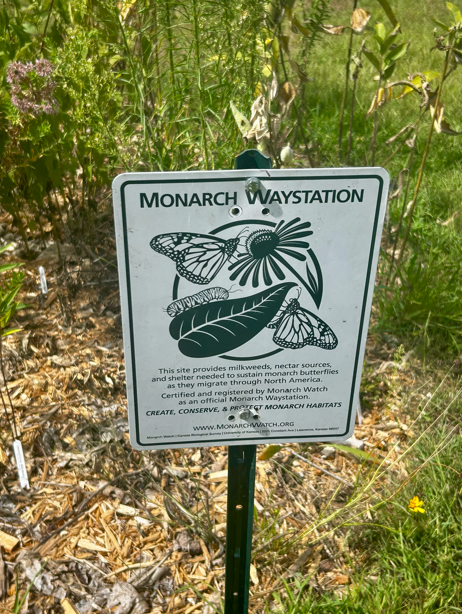
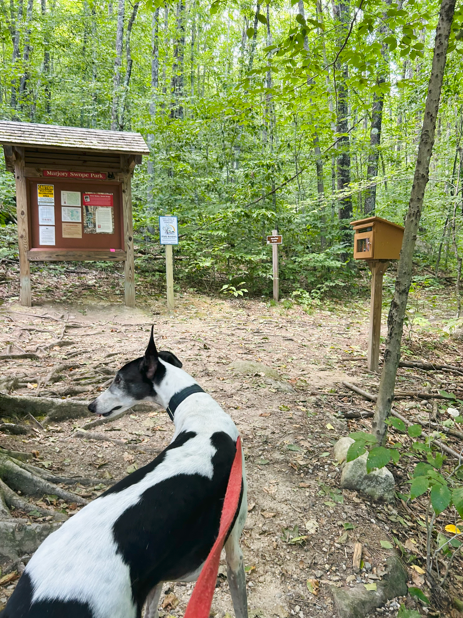
Green Spaces
With hundreds of acres of public parks and more than 80 miles of trails, Concord is an excellent place to enjoy four seasons of recreation, and I think it’s incredibly important for the city to maintain the safety and enjoyability of our green spaces and continue to increase accessibility of trails and playgrounds.
Merrimack River Greenway Trail
The proposed expansion of the Merrimack River Greenway Trail (MGRT) would be such an exciting addition to our city, connecting downtown to a network of rail trails, as well as creating an accessible, safe, paved path for wheelchair users, stroller users, cyclists, and anyone who wants to use the trail for recreation or to commute to work. I support the city’s potential purchase of the 5.7 mile stretch from Horseshoe Pond to Boscawen to connect the MGRT to the Northern Rail Trail. I feel for the Scenic Rail Riders business as they have brought a fantastic opportunity for recreation to the city, but if the choice is between niche, cost-prohibitive private use and accessible public use of that stretch of rail, I support the latter.
Lights in Keach Park
It is disappointing that Change For Concord had to spend almost a decade negotiating with the city on the issue of lighting the park at night. Lighting a popular, highly trafficked park like Keach is a no-brainer to me, not just for residents’ enjoyment of the facilities but for safety as well. White Park, in an affluent area of town, is lit at night, but Keach is in a lower-income neighborhood with our highest concentration of immigrant and refugee communities and was subject to years-long scrutiny on the issue. It brings to my mind the question of whose voices are heard and respected, and I think the city council can do better. Our parks are valuable assets to the neighborhoods of Concord and the people that use them deserve to feel safe and to be able to enjoy them to the fullest.
Kiwanis Park and Skate Park
Kiwanis Park feels neglected and is in need of upkeep-- right next to the popular Everett Arena, and situated right on the Merrimack River, it has the perfect location, especially if access to the park is made easier with the potential Loudon Road pedestrian bridge. I also fully support the proposal to build a much-needed new skatepark, which has secured a grant of $500,000 that must be matched by the end of 2025 and before construction can begin. I believe the Skate Park Association should be given more time by the city to match the grant through personal donations, as the Friends of Beaver Meadow have been given 10 years to raise half of that sum of money to support their golf clubhouse project. Skate parks are great for the social health of a city as well as for recreation and ours is in dire need of updating.
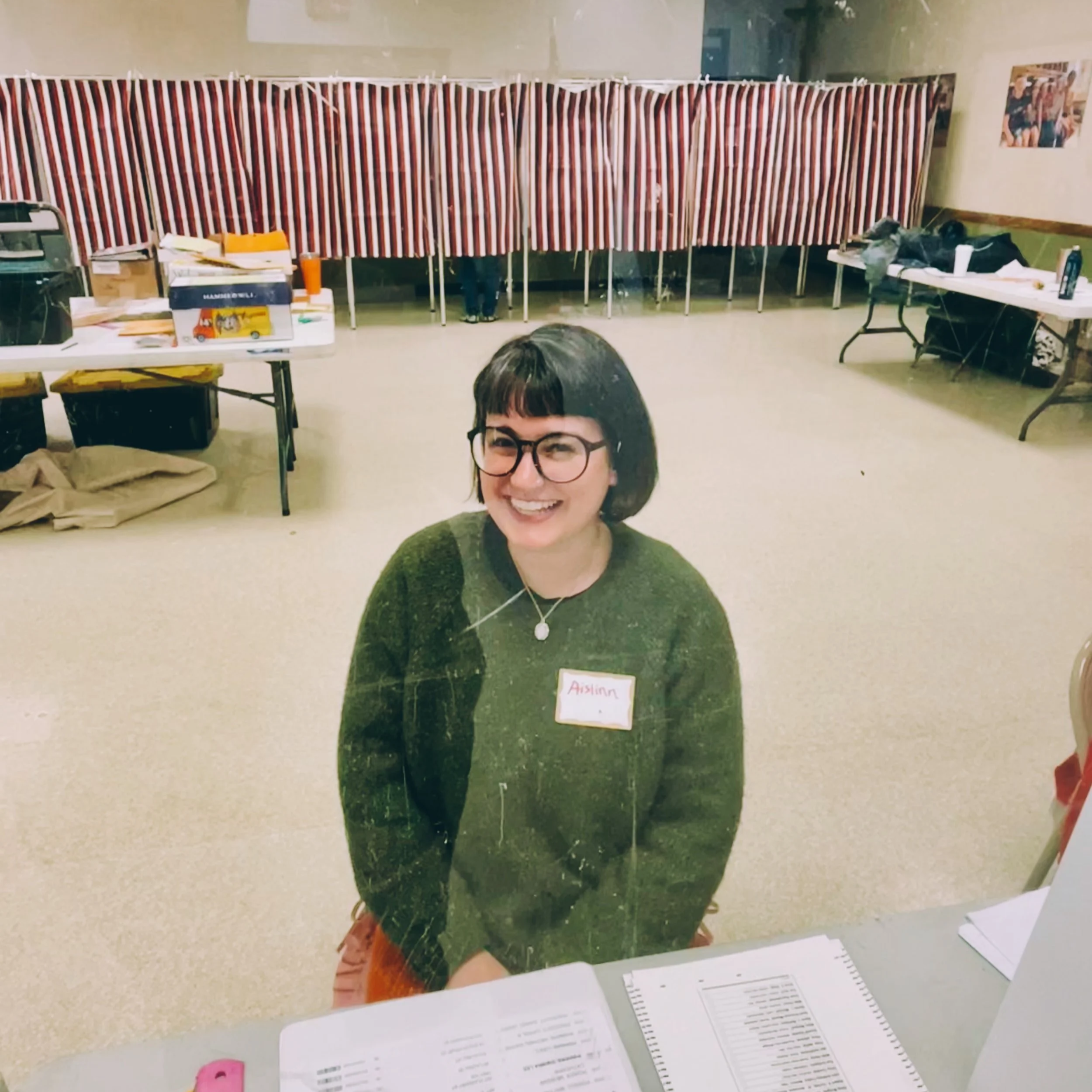
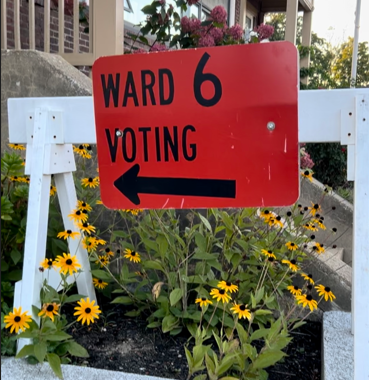
Accessibility
There are always ways to make city government more accessible to the public. Livestreams of public meetings are helpful and it is easy to find recordings of them afterwards, so those who are interested can watch government in action. There is room for improvement, though. First and foremost, I support the addition of public comment time at every monthly city council meeting. Secondly, as we begin work on the new Master Plan which will guide our development for the next 20 years or so, I hope the city effectively engages as many residents as possible in the process.
I believe the job of city councilor is a customer service job. They must be proactive in disseminating information to their constituents, either in-person at forums or meetings, or online through social media and newsletters, and soliciting feedback. There are councilors who do this well, and if elected I’ll follow their lead.
The city must also explore and implement ways to increase diversity on boards and commissions to ensure that voices in the room accurately reflect who lives in the city of Concord. People of all backgrounds and ages should feel encouraged to step up and give their time; there are many ways to reduce the barriers to participation, such as targeted outreach, allowing remote access to meetings, or providing a small stipend for participants’ time.
People looking to get involved with the city may not know where to start, and as a city councilor I would pursue ways to educate the public on getting involved. When living in Dover, I participated in a program hosted by the city and the Chamber of Commerce called the Citizens Leadership Academy, which is something I’d like to see replicated in Concord.